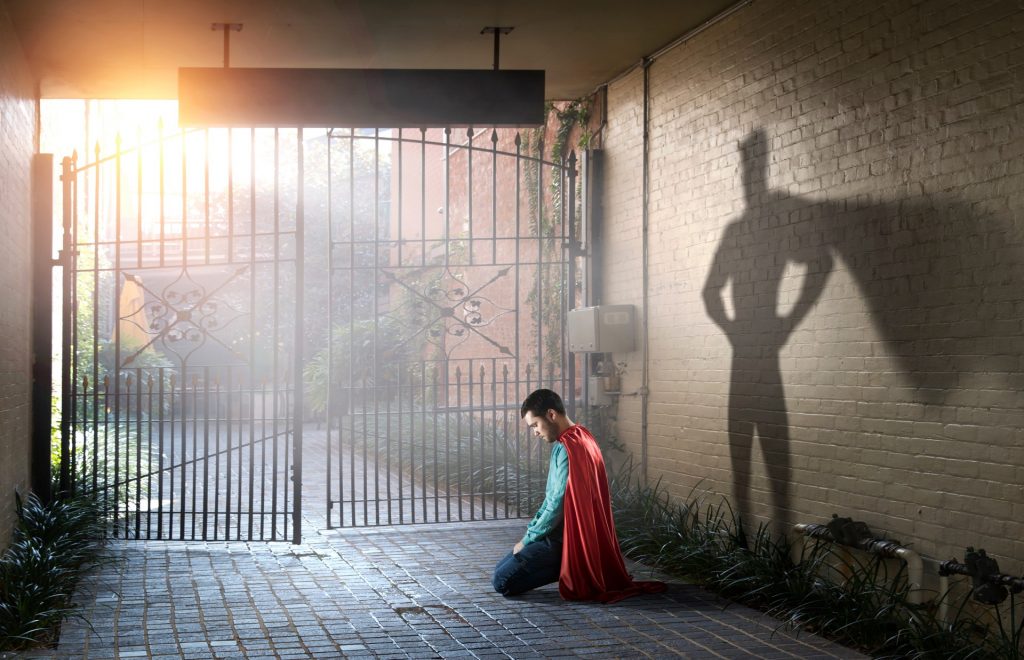Although our nation\’s unemployment rate is continuously fluctuating, it is no surprise since Americans are quitting left and right. Sadly, this behavior does not appear isolated to employment. Recently, in school-aged children, students quit sports and other extra-curricular activities without hesitation. People throw their hands up for various reasons, but at the core, they are not getting what they want. It is essential to teach younger generations to persevere.
It is critical to teach honoring a commitment. It is vital to allow our children to experience hardships and challenges and overcome learning curves to become confident adults. Children need routine, structure, and perseverance to thrive. At its core, quitting is walking away from something, often when things require some work. What can we do to help teach this and future generations to stick it out to see the full reward? Martial arts teach perseverance and other noble characteristics that students use throughout training and life.
If families are looking for an environment conducive to teaching perseverance and overcoming challenges, try a family-friendly and professional local martial arts studio. A reputable studio will invite people to observe or try a class for free.
How Times Have Changed
I was raised not to quit once I committed to doing something. If it was a sport, even if you sat on the bench and lost every game, you stuck with it until the end of the season. If it was choir or drama, but you didn\’t get the stage time you expected, you didn\’t quit prematurely during the school year. In short, if you said you would do something, you did it. Times have changed; today, it seems parents make it easier to walk away, which is a detriment to this generation.
So, what is it that causes people, especially school-aged children, to quit something so quickly? When it comes to quitting, I wonder what has shifted so drastically. Is it due to parents not wanting to witness their children suffer anything uncomfortable? Is it a new sensitivity to self-care and mental health? Maybe it is a combination of many things. However, if we do not start teaching our children to stick with something, even when it is hard, the future looks bleak.
What Can Be Learned from Quitting?
This is a loaded question. Can anything be learned from quitting something? In some scenarios, something may be unhealthy, and in those times, self-care reigns, and it is necessary to move on. However, is it best to quit before overcoming difficulties if something is hard or you do not like it? What will the future look like if everyone just quits when they do not feel like trying anymore or if it is boring? Adults accept jobs, then decide it isn\’t for them a week into it. Adults are likely role modeling that quitting is an option equivalent to honoring commitment, which it is not.
One site source says that quitting relieves stress. Others claim people leave to avoid embarrassment from mistakes. Something unique to martial arts is individual goals and growth. Although students work within peer groups, every student achieves at their own pace, so not keeping up with others is not prevalent. There is no direct competition, but the challenges come from within, so overcoming those hurdles strengthens the mind and body. Preparing students for challenges in the studio and in life help them succeed even when things get tricky.
Don’t Quit Too Soon
Quitting can end an unhealthy cycle but quitting too early can cheat children from a necessary learning process that involves failure and some stress levels. Quitting risks becoming a habit, ultimately hurting the children because they will continue to justify reasons for leaving and may never be able to stick with anything long enough to see the benefits. The first quit is the most difficult, with each subsequent one becoming easier. Discouraging quitting ultimately saves children from the inevitable bumps down the road and gives them the sustainability it takes to have a successful career and relationships.
Mental health is critical in today\’s school-aged children. Parents often allow their children to quit because they see it taking an emotional toll on them. Families today tend to tiptoe around mental health instead of embracing what children and young adults deal with. However, allowing them to quit can be associated with guilt, regret, and failure. Often, quitting may have a more severe emotional impact than sticking with something and overcoming challenges. Sticking it out helps others learn that frustration is a necessary and shared learning experience.
Persevere to Confidence and Self-Esteem
Overcoming the learning curve and challenges in activities and life builds self-esteem. Intentional teaching of perseverance may be the cure to the current quitting pandemic. Martial arts organically teach this trait because it is one of the core foundations. In anything, sticking it out through the uncomfortable and sometimes exhausting tasks builds character. Strong character includes self-esteem. Students training in martial arts will inevitably face physical and mental challenges. However, the more they overcome, the more they grow in skill and confidence.

